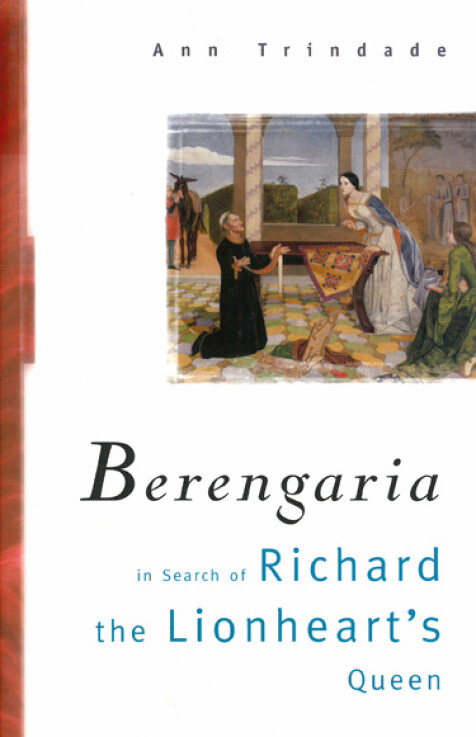Berengaria
In search of Richard the Lionheart's Queen
Anne Trindade
Richard the Lionheart is one of the most enduring of medieval heroes but little is known about Berengaria – the woman he married, in May 1191, on the way to the third crusade. This biography seeks to redress this oversight. Through the early sources Berengaria emerges as a woman of remarkable courage and tenacity who, like the turtle-dove, the medieval emblem of life-long fidelity depicted on her now lost seal, remained loyal to her vows both as a queen consort and during her long lonely years of widowhood.
On a broader level her life speaks to us of the fortunes of women in a male-dominated era, adding another dimension to the picture of medieval queenship. It highlights the role of the Papacy as protector of the orphan and widow in an age of brutal realpolitik.
This book is based on the testimony of medieval chronicles and administrative records scattered across three lands: Spain, France and England. The story of Berengaria begins in her father’s kingdom of Navarre, during its brief period of independence in the mid-twelfth century. It follows her through a short-lived but eventful marriage and shows how she survived as a widow in a situation fraught with obstacles. It concludes with a meditation on the recumbent effigy, probably commissioned by the queen herself, in the abbey which she founded in 1230, just before her death.
Anne Trindade lectures in medieval history at the University of Melbourne.

